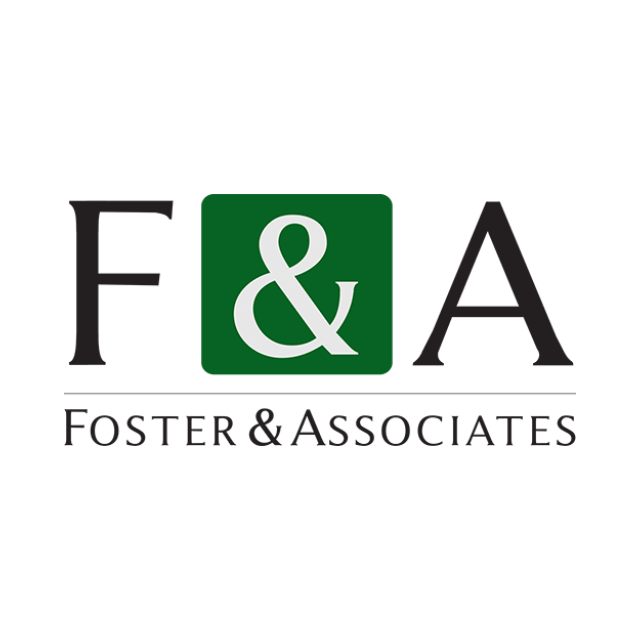Use this short checklist to ensure you claim your tax return or pay your taxes on time.
Your Supporting Documents
Gather your supporting tax documents. If you work for an employer, you should receive a T4 slip for your Statement of Remuneration Paid, which shows your total remuneration, including salary or wages, gratuities, bonuses, commissions, allowances, and vacation pay.
You would need a T5 slip to complete your Statement of Investment Income if you received investment income such as interest or dividends in the previous year. If you sold any financial assets or properties in the previous year, you have to keep supporting documents that show your capital gains or losses even if the CRA may not request them.
If you run a business, you need to have your business income and expense receipts handy. You also want to have supporting documents for your tax deductions in case the CRA carries out an audit on your tax return.
Your Tax Deadline
Generally, the tax filing deadline falls on April 30. However, since you can still file your taxes by the next business day if the deadline is a weekend or a holiday, this year, you have until May 1.
Self-employed individuals and their spouses or common-law partners have a tax filing deadline of June 15.
It is essential to start planning for your taxes early, so you do not miss the deadline and have to pay tax penalties.
Your Tax Deductions
Reduce your taxes and increase your income tax refund by claiming all tax deductions and credits you qualify for. A key tax deduction you need to claim is the registered retirement savings plan (RRSP) deduction, which helps you defer taxes until retirement when your tax rate is expected to be relatively low.
Other tax credits and deductions you can claim are, eligible relocation expenses for work, business or school, work-from-home expenses, medical expenses, charity gifts and donations, interest rates on student loans, and loans for investment income assets. If you hire an accountant or financial advisor, you can also claim some fees and charges.
Disclaimer: This article is for general information purposes only, and is not legal, financial, or tax planning advice. Everyone’s situation is unique, and this article cannot apply to every person. The reader should not take any action, or refrain from taking any action, as a result of this article without first obtaining legal or professional advice.











